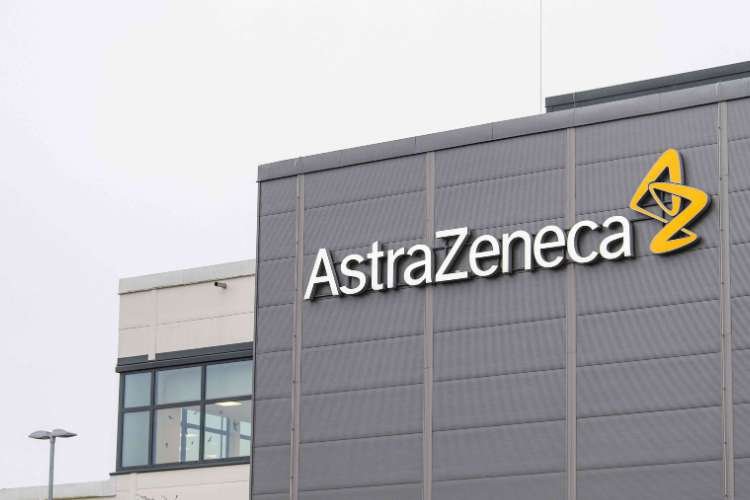AstraZeneca has agreed to pay £352 million ($425 million) to settle approximately 11,000 personal injury lawsuits in New Jersey and Delaware related to its heartburn drugs Nexium and Prilosec. The majority of these lawsuits were filed by users who alleged that the drugs caused kidney damage, including chronic kidney disease (CKD), and that the company did not adequately warn them of these risks.
While AstraZeneca maintains that these claims lack merit and has not admitted wrongdoing, the company sees this settlement as a way to avoid the ongoing expenses associated with litigation. It is worth noting that this settlement covers the vast majority of Nexium and Prilosec claims in the United States, with only one remaining case in Louisiana set to go to trial in April.
“These settlements not only ensure victims receive just compensation for their pain and suffering but also stand as a testament to the importance of holding pharmaceutical companies accountable for failing to warn patients and doctors about the health risks associated with their products.”
– Chris Seeger of Seeger Weiss LLP
Nexium and Prilosec belong to the proton pump inhibitor (PPI) class of drugs, designed to reduce stomach acid production. This settlement is part of a broader trend, as other PPI manufacturers, including GSK, Pfizer, and Procter & Gamble, have collectively paid $108 million to settle claims related to their PPI treatments.
Also Read: GSK Resolves First Jury Trial In Zantac Litigation Through Settlement
Takeda also faces similar claims concerning its PPI drugs, Prevacid and Dexilant. Prilosec received FDA approval in 1989, followed by Nexium in 2001. Nexium’s sales reached over $5 billion annually from 2006 to 2008 at its peak. Although Teva gained approval for a generic version of Nexium in 2015, AstraZeneca still reported $1.3 billion in Nexium sales in 2022.
Nexium is available both by prescription for ulcers and stomach duodenal issues and in smaller over-the-counter doses for heartburn. Earlier this year, GSK settled a lawsuit in California related to its heartburn drug Zantac for an undisclosed amount, averting a potentially precedent-setting case for numerous other statewide claims.





























